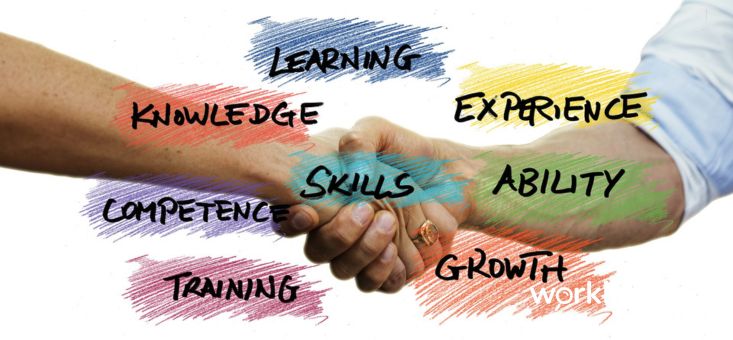Organisational Skills
Having a methodical and organised approach to work is a great asset to any organisation, as it ensures efficiency in managing one’s daily tasks, which translates into on-time project deliveries and quality job performance.
Examples of valuable organisational skills include:
1. Time management
Being able to work fast, while producing quality results is what any employer wants. In these fast-paced times, this is a valuable skill for any jobseeker to have.
2. Planning
Effective planning skills will ensure that you don’t overlook important details or tasks while keeping the project on schedule by factoring in buffer time for operational issues and possible delays.
3. Attention to detail
Do you take time to review your works before submission?
Do you aim for accuracy and thoroughness in your tasks?
Mistakes tend to have a ripple effect and can leave a huge impact on organisations, so having this particular trait makes you particularly desirable to employers.
Find your next job role on MyCareersFuture. We have over 80,000 job opportunities daily for you.
4. Financial management
Making sure projects stay on budget is one of the key challenges for any team or company. It requires taking initiative to source quality goods at competitive prices or finding creative ways to keep costs down if the need arises.
5. Creative problem-solving
Life is full of problems, and work is no different. We spend a big chunk of our time at work trying to find solutions to problems.
The more creative you can be with your solutions, the more value you’ll be adding to the team.
Communication Skills
Strong communication skills are instrumental in the workplace, whether you’re in an administrative role, the office’s tech whiz, or the head of the department.
6. Writing
Being able to use language in a way that’s understandable and engaging through writing, can take you far and wide in your career. From doing reports, to coming up with campaigns to promote your company’s products, your flair for writing will make you a key asset in any industry you’d apply to.
7. Listening
Too often, we jump to conclusions instead of focusing on what the other person is saying. Good listening skills involve not making assumptions, but rather being patient and hearing the other person out — an essential skill to have at any stage in your career.
8. Speaking
This includes presentation, negotiation, and conflict resolution skills. In addition to being an articulate speaker, it entails confidence and a calm demeanor in spite of the pressure one might be under at that point in time.
People Skills
Not everyone has good social skills, but strong interpersonal skills are incredibly helpful in the workplace, especially if you’re working in a big organisation.
9. Teamwork
Being a good team player means building a good rapport with your team members, being helpful and collaborative, while showing a genuine interest in their well-being.
10. Empathy
Caring for your colleagues and bosses helps you connect with them, and build meaningful relationships in the workplace.
11. Leadership
An effective leader has a natural flair for inspiring those around him or her to believe in a common vision, and for motivating them to work together towards a shared goal.
12. Diplomacy
Knowing when and where to say and do the right things shows thoughtfulness and sensitivity towards other people’s feelings and state of mind.
Diplomacy is a useful skill to have, especially when dealing with delicate situations.
Don’t underestimate the non-technical skills you’ve gained from your daily life and work, no matter how commonplace they seem to be.
Being able to recognise these transferable skills and the value they add to your productivity and work performance will give you added confidence and assurance in your abilities.
This article is contributed by Jobstreet.com.














